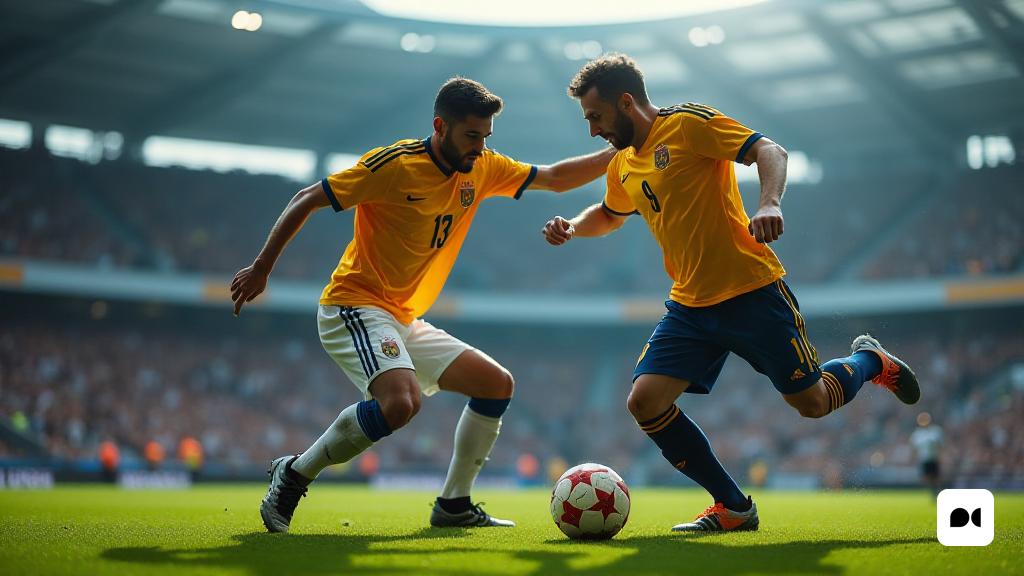The inextitable relationship between sport and politics
Football is not just a game; It is a reflection of society and its struggles. This interaction between sport and politics is manifested in various dimensions, from hobbies to institutional decisions. In recent years, we have observed numerous examples that illustrate how players and coaches have positioned themselves on political issues, such as the controversy generated by Unai Simón and Pep Guardiola.
A deep analysis through the story
Stefano Bizzotto, in his book “12 football games and 1 history of the world”, makes a trip through the events that have marked recent history. The work analyzes twelve emblematic parties, each of them reflects the political and social circumstances of its time. Through testimonies of protagonists and experts, Bizzotto offers us a unique and personal vision of these times.
Football as a engine of change
The book not only focuses on European football, but also examines other realities such as the 100 -hour war between El Salvador and Honduras, and Pinochet’s Chile. Bizzotto invites us to reflect on how sport can influence the course of history, showing how a simple party can have an impact far beyond the field.
Historical moments that marked football
Among the stories that Bizzotto stands out, we find the game played between British and German soldiers during World War I, a moving example of how football can create a truce in the midst of the conflict. Other episodes, such as the refusal of an Austrian star to play under the Nazi regime, reveal the tensions that are often hidden behind sports appearances.
Football as a reflection of society
Bizzotto also highlights figures such as Amelia Bolaños, the first victim of the armed conflict between Honduras and El Salvador, who symbolizes the emotional and social weight that sport can have in people’s lives. This human perspective brings a deeper dimension to the understanding of football as a vital element in our collective history.
A critical view of modern football
With his agile prose, Bizzotto encourages us to see football beyond the game. In a world where petrodollars and advertising dominate, it is essential to review the history of sport and understand how it has evolved over time. His work is a reminder that football, despite its playful nature, is a powerful instrument of social and political change.
As we delve into the 21st century, the challenge will be how to manage this influence and what vision we will adopt with respect to sport. Bizzotto invites us to reflect on this question, leaving us with the idea that football, although it may seem like a simple entertainment, can project a much wider message that resonates beyond the field lines.

